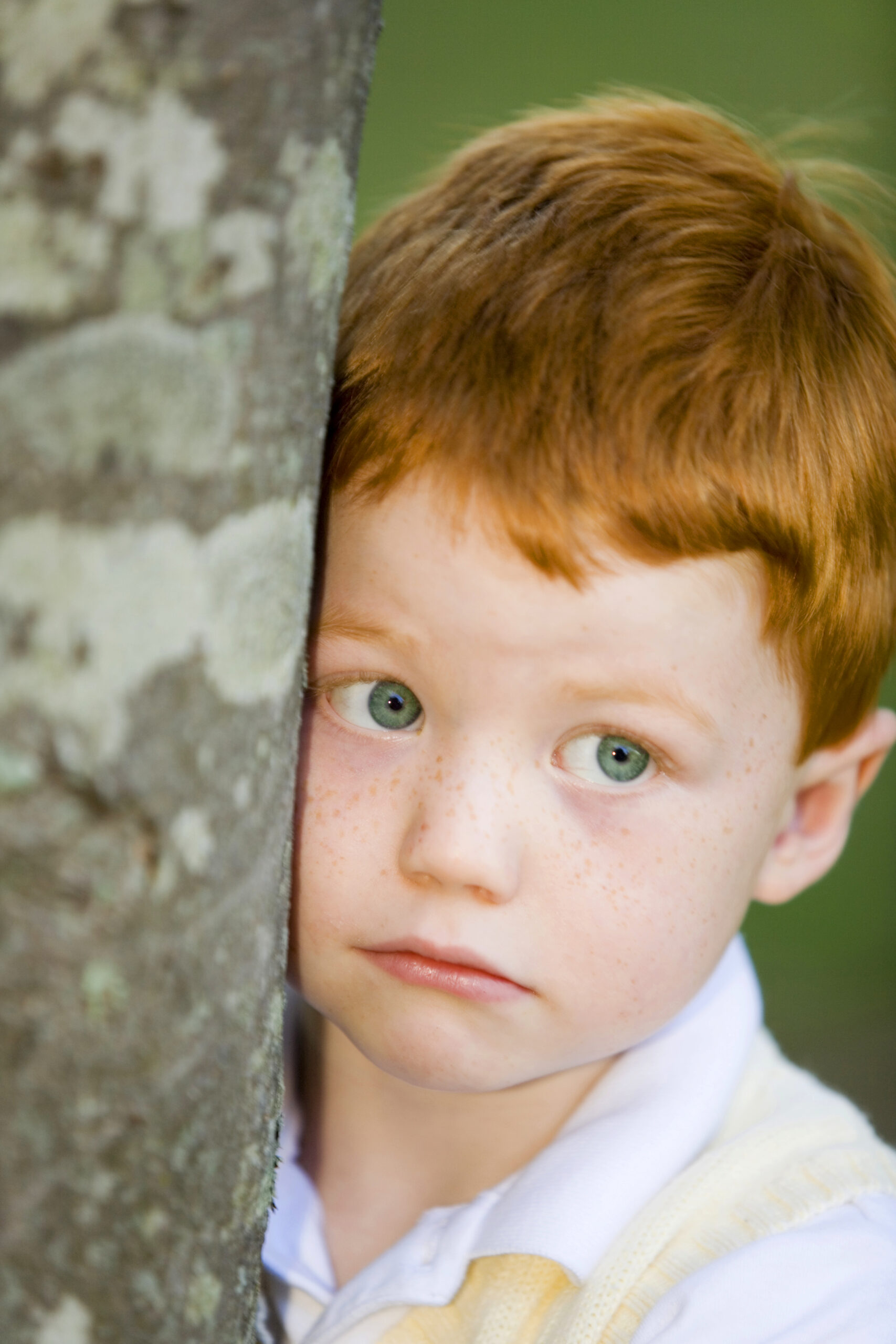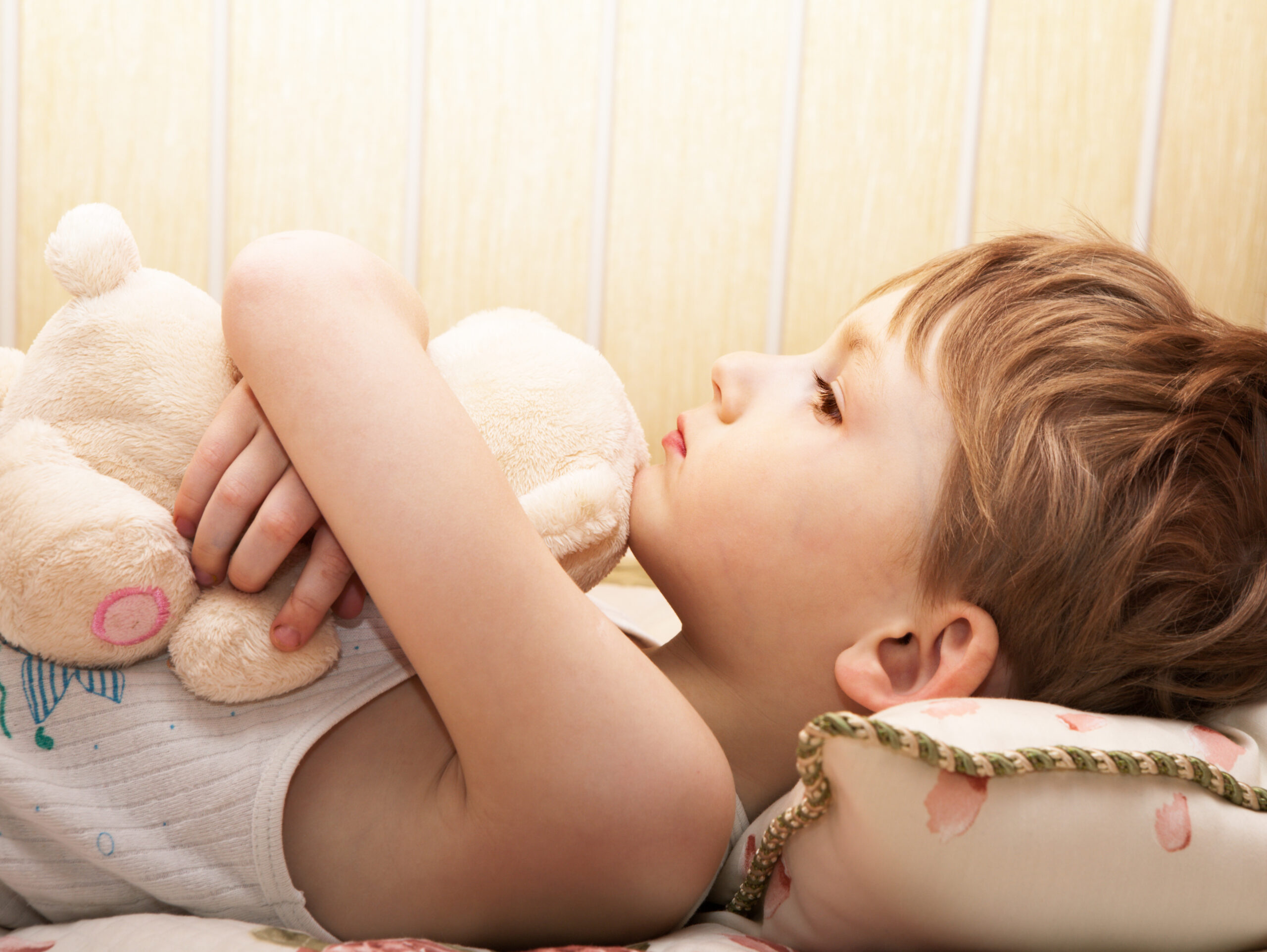AdviceAdvice for TeachersParenting AdviceParenting Videos
The Highly Sensitive Child
Symptoms of a Highly Sensitive Child

Highly sensitive children have a range of symptomatic behaviours. Consider the following:
Does your child hate tags on their clothes? Woolen singlets? Have fussy tendencies such as wanting the same spoon, the same clothes etc? Do they know which side of their blanket is rough and which is smooth but you can’t tell the difference? Do they feel temperatures more, smell more? Are they fussy eaters? Does your child get distressed in loud or crowded places, do they stand back and watch and ‘size up the situation’ before getting involved? Are they ‘slow to warm up’ to changes or people? You may have a Highly Sensitive Child. Around 15 – 20% of our general population are “highly sensitive” but it is a little known and little understood trait. Parents with these children, or adults who are highly sensitive will greatly benefit from understanding the unique strengths and challenges that these people face.
Highly Attuned Senses
Elaine Aron, Ph. D. in her book, “The Highly Sensitive Child” describes well so many children I see in my practice. These children can present with a variety of symptoms and troubling behaviours. What links them all together is that they have highly tuned and active senses: they see (notice) more, they hear more, they smell more, their skin is more sensitive to touch, they are often fussy eaters as their taste sensations are highly tuned and they are very sensitive emotionally as well.
Because of this high sensory awareness they are often intelligent, curious and perceptive children. And equally, because of this high sensory function they are often sensitive to foods, pollen’s, dust etc. resulting in allergies, sensitive to wool, clothing labels (or similar) touching their skin – my son hates the seams in his socks!, sensitive to pain – small injuries are a bigger deal, needles at the doctors are a huge deal, even a bandaid irritates! They are also sensitive to changes in routine, roles, expectations, sensitive to smells such as perfume, petrol, cleaning products; sensitive to small variances in recipes (“I liked it yesterday Mum, but today I don’t like it!); sensitive to tone of voice, volume, intonation and intent and finally, they are very easily wounded.
How to work with a Highly Sensitive Child
Elaine describes these children with artful brilliance. I highly recommend her book to anyone who thinks they may have a highly sensitive child. However, I don’t fully endorse her solutions to these issues, as she tends to allow the sensitive child too much license to become equal with Mum or Dad and therefore take on an Alpha role in the home – something that they are prone to try anyway.
Sensitive children are not well understood or recognized in today’s world and I’m keen to share the concept with parents who may find this a wonderful insight into the world of their child. Elaine eloquently writes “It is primarily parenting that decides whether the expression of sensitivity will be an advantage or a source of anxiety”. Our ANXIETY intervention is very useful if your highly sensitive child is showing anxious traits.
Our Youtube channel contains some perspectives and ideas to help you as you learn to understand your child and to help them understand themselves in a way that gives them esteem and dignity and helps them find their place in our complex world.
You may also like:
The Anxious Clingy Child intervention
The Sensory Corner: a shop for resources to help children with sensory challenges
Aggressive Defiant child information guide
Strong Willed Child movie and information guide
Angry Child intervention guide
Alpha Child intervention Guide, dealing with oppositional defiant disorder and other ‘defiant’ child attitudes



